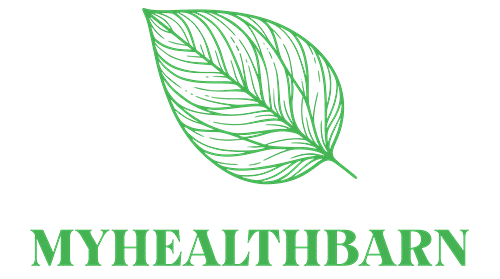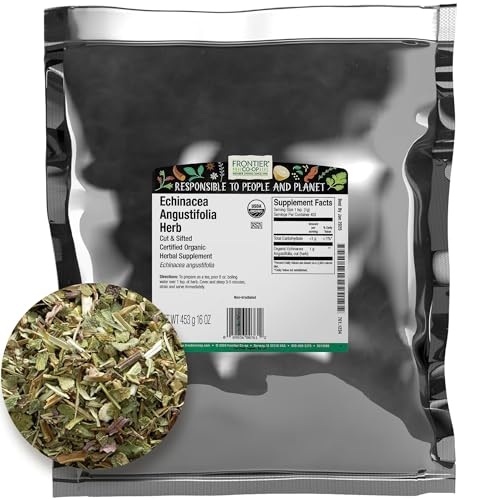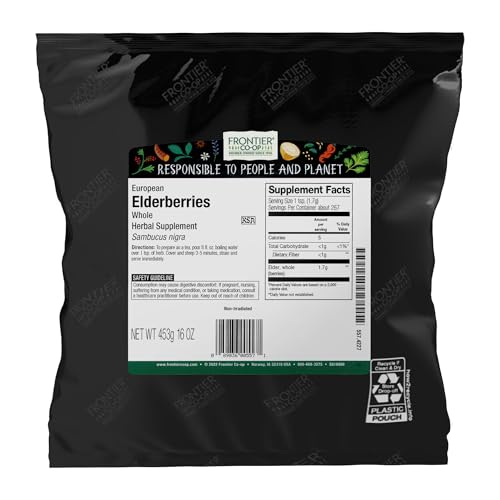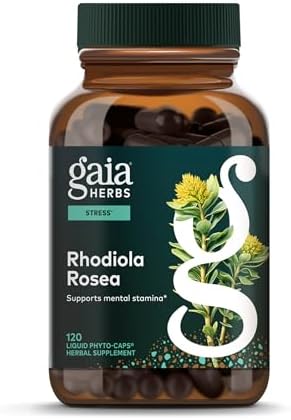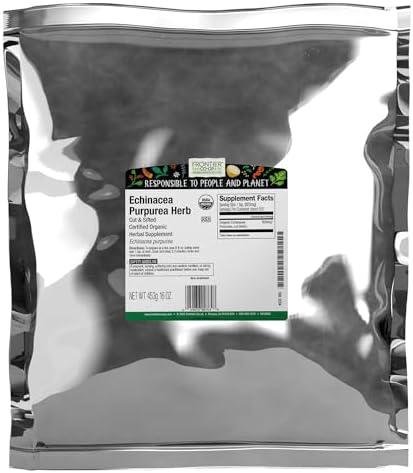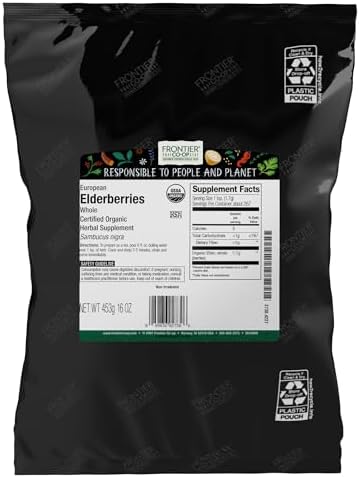
Understanding Echinacea: Nature’s Immunity Booster
Echinacea, a vibrant flowering plant native to North America, has been widely recognized for its health benefits, particularly in enhancing immunity. Traditionally, Indigenous cultures utilized echinacea for its healing properties, often relying on it to combat infections, wounds, and respiratory ailments. Today, it remains one of the most popular herbal supplements, renowned for its potential to bolster the body’s defenses against common colds and respiratory infections.
The current application of echinacea primarily focuses on its efficacy in combating viral infections. Studies suggest that echinacea can significantly reduce the duration and severity of colds, acting as a natural aid in supporting the immune system. The active compounds in echinacea, including phytochemicals like alkylamides and polysaccharides, are believed to stimulate immune cell activity and enhance the production of anti-inflammatory substances, creating a holistic approach to health and wellness.
However, while the benefits of echinacea are compelling, it is essential to consider its potential drawbacks. Some individuals may experience side effects, such as gastrointestinal discomfort or allergic reactions. Furthermore, echinacea may interact with certain medications, particularly immunosuppressants. It is advisable for individuals who have autoimmune disorders or are pregnant or breastfeeding to consult healthcare professionals before introducing echinacea as part of their wellness regimen.
The popularity of this herbal supplement continues to grow due to its purported ability to enhance vitality and support a robust immune response. Nevertheless, ensuring safe use through professional guidance can optimize the benefits of echinacea while minimizing risks. As with any herbal supplement, informed decisions play a crucial role in achieving the desired health outcomes.
Elderberry: Nature’s Anti-Viral Ally
Elderberry, scientifically known as Sambucus nigra, has been utilized for centuries in traditional medicine, particularly within European herbal practices. Its prominence stems from its remarkable anti-viral properties, which have made it a popular choice for those seeking to bolster their health and wellness, especially during cold and flu season. The efficacy of elderberry can largely be attributed to its rich array of active compounds, including anthocyanins, which are potent antioxidants that fight inflammation and enhance immune function.
The historical use of elderberry can be traced back to ancient civilizations, where it was employed to treat various ailments. Today, numerous studies have explored elderberry’s capacity to alleviate cold symptoms, reduce the duration of flu, and even improve respiratory health. As a result, it has gained recognition as a natural remedy that many individuals turn to for increased vitality and immune support.
Among the many pros associated with elderberry consumption, its potential to decrease inflammation stands out. Inflammation is a key factor in numerous health issues, and by mitigating it, elderberry may contribute to improved overall health. Additionally, the natural compounds found in elderberry can offer relief from respiratory discomfort and promote better airflow in the lungs, thus supporting those who may suffer from seasonal allergies or respiratory conditions.
However, it is important to address potential cons associated with elderberry usage. Some individuals may experience gastrointestinal discomfort, and there are reported interactions with certain medications. As a result, it is critical to consult health professionals before incorporating elderberry supplements, particularly herbal extracts, into your health regimen. This ensures safe usage while maximizing the potential benefits of this remarkable herb, enhancing well-being in a natural way.
Rhodiola Rosea: Adapting to Stress
Rhodiola Rosea, commonly regarded as an adaptogen, has garnered attention for its reputed ability to enhance mental and physical performance during periods of stress. Traditionally used in herbal medicine for centuries, this remarkable plant is native to cold, mountainous regions and has been valued for its potential health benefits in promoting overall wellness.
Scientific studies have begun to substantiate the effectiveness of Rhodiola Rosea in combatting fatigue and reducing stress levels. Research indicates that Rhodiola may help to regulate cortisol, the body’s stress hormone, thus contributing to improved mood and vitality. Furthermore, its properties have been associated with enhanced cognitive function, particularly in the realms of focus and memory, making it a promising herbal supplement for individuals seeking to bolster mental resilience in challenging situations.
While the advantages of Rhodiola Rosea are considerable, it is essential to acknowledge potential side effects. Some individuals may experience insomnia, jitteriness, or gastrointestinal disturbances, particularly when taking higher doses. Therefore, it is crucial to use this supplement thoughtfully and mindfully, tailoring the intake to align with personal health goals and responses.
Moreover, it is imperative to consult healthcare professionals before integrating Rhodiola Rosea into your wellness routine, especially for those with pre-existing health conditions or individuals who are currently on medication. As with herbal supplements in general, the interplay of various health factors must be considered to ensure safe and effective use. Ultimately, while Rhodiola can be a valuable ally in adapting to stress, careful monitoring is necessary to optimize health and wellness outcomes.
Conclusion
In considering the role of herbal supplements like echinacea, elderberry, and rhodiola rosea in promoting health and wellness, it becomes essential to highlight the potential benefits these natural products offer. Echinacea is widely acclaimed for its possible effects on immune support, while elderberry is recognized for its anti-viral properties. Rhodiola rosea, on the other hand, is celebrated for its adaptogenic qualities, potentially enhancing vitality and reducing stress. Together, these herbs contribute to a comprehensive approach to well-being that aligns with the principles of mindfulness and holistic health.
Nevertheless, it is crucial to understand that the benefits of herbal supplements can vary significantly from person to person. Factors such as individual health conditions, existing medications, and specific wellness goals should guide one’s choices. Engaging with healthcare professionals is paramount when integrating these supplements into one’s routine. Professional guidance not only aids in recognizing potential interactions with other treatments but also assists individuals in assessing their unique health profiles to determine the suitability of herbal supplements.
Furthermore, approaching herbal supplementation with a discerning eye emphasizes the importance of informed decision-making. While many individuals may turn to forms of herbal supplements for their health benefits, it is vital to research and understand each supplement’s implications thoroughly. This knowledge fosters safer practices and effectively enhances one’s well-being when combined with a balanced lifestyle. By taking personal health assessments seriously and seeking the advice of qualified professionals, individuals can make educated choices about incorporating echinacea, elderberry, and rhodiola rosea into their health regimens, ultimately paving the way for a more balanced and informed approach to health and wellness.
